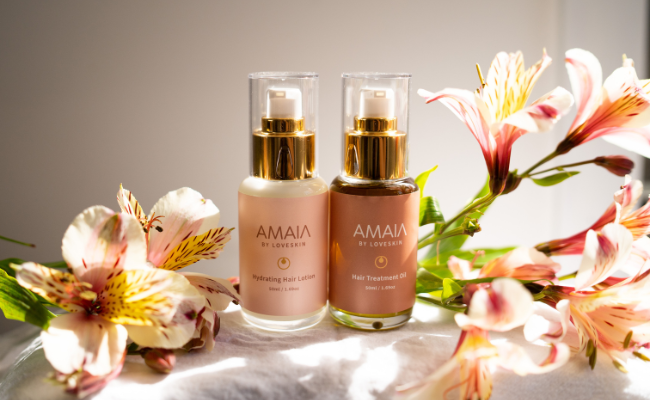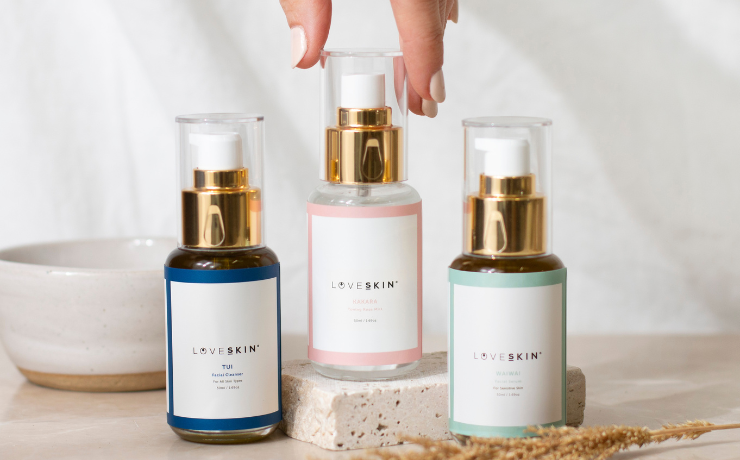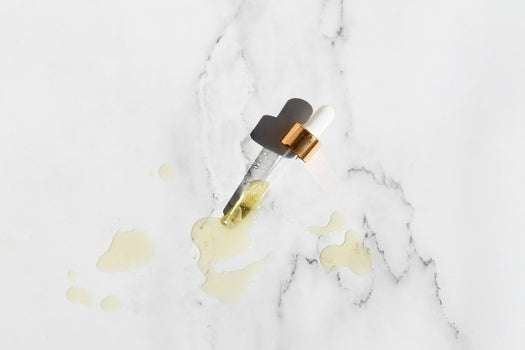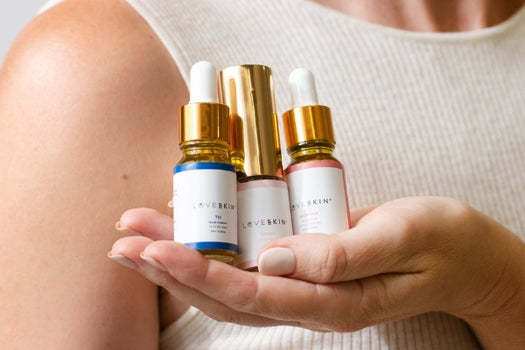Sensitive Skin Versus Sensitized Skin
What's the difference and why should you care?
People who have true sensitivity are sensitive across other areas, including their diet, their skin, and their digestion. Common symptoms can include hives, itching, sneezing, difficulty breathing, and wheezing. A truly sensitive skin type is naturally prone to reactions, such as redness, itching, or irritation when exposed to harsh chemicals, fragrances, or harsh weather conditions.
Sensitized skin, on the other hand, is a symptom of a damaged skin barrier. The skin barrier can be damaged to the use of the wrong types of skincare or harsh ingredients, which remove it and compromise it's ability to defend the skin from stressors and environmental irritants. Excessive scrubbing, exfoliation, the use of active ingredients or too many chemical peels can all cause sensitized skin.
There is also evidence to suggest that too many of these processes can activate the skin's Langerhan cells, which are the immune response cells, leading to permanently sensitized skin. What do you do? Your skin barrier will repair if you provided the right nutrients and environment to do so. So first of all, you need to stop stripping, scrubbing, and exfoliating the surface of your skin.
Then find a gentle skincare routine that doesn't cause aggravation or irritation. And Pro Tip; introduce just one skincare product at a time and patch test as you go. If you start with a whole new routine at once and you still experience irritation, it will be difficult to know what's actually working for you.
So starting with one product at a time will help you to identify which products are actually working and minimize further irritation.
I hope this has been helpful. Please reach out if you have any questions.



